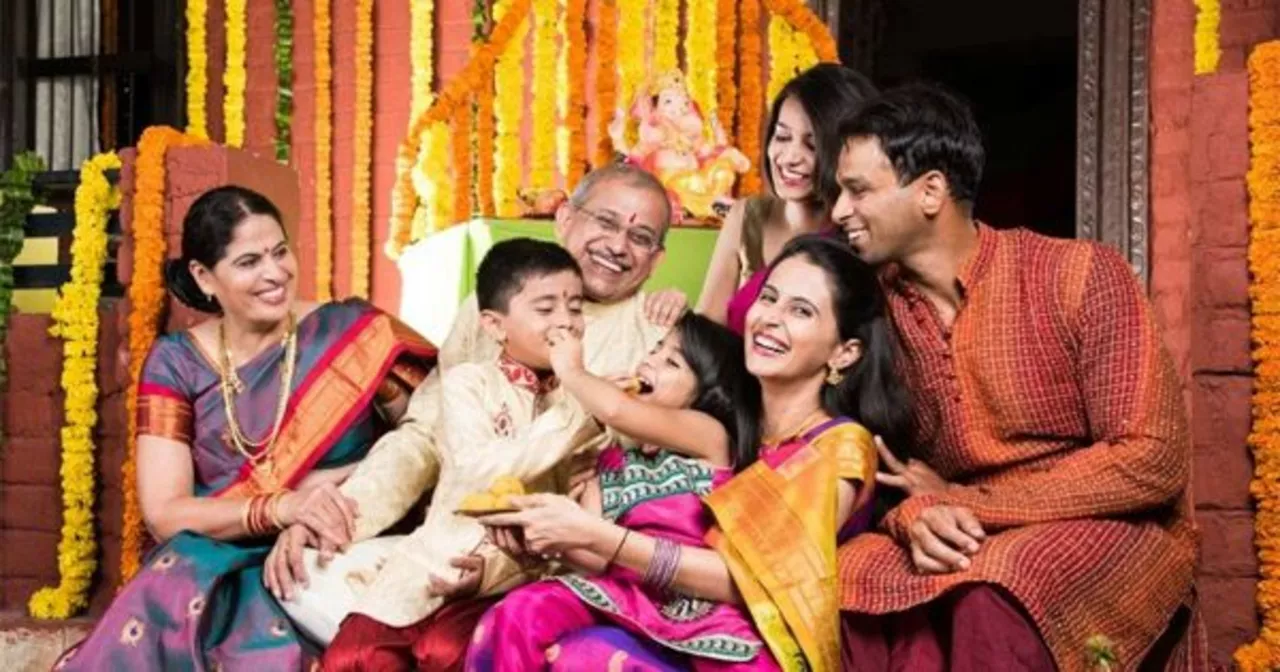The Indian Family Structure
India is a diverse country with various cultures and traditions. One aspect that remains constant in this diversity is the importance of family. In India, family life is considered sacred, and it is deeply rooted in our cultural and social fabric. In this article, we will explore what family life is like in India, focusing on the importance of family values, the role of elders, and the traditional joint family system.
Family Values and Traditions
Family values and traditions play a crucial role in shaping the lives of individuals in India. Respect for elders, love for younger ones, and strong family bonds are some of the core values that define Indian families. Indian families place a strong emphasis on maintaining relationships and fulfilling responsibilities towards one another. They celebrate festivals and important occasions together, offering support, love, and care in times of need. Family values are often passed down through generations, ensuring that family ties remain strong.
Role of Elders in Indian Families
Elders hold a significant position in Indian families. They are respected for their wisdom, experience, and guidance. Their role goes beyond providing emotional and financial support to the family; they are responsible for imparting moral values to younger generations. They also play an essential role in decision-making, with their opinions and advice being highly valued. Respect for elders is deeply ingrained in Indian culture, and their blessings and advice are considered invaluable.
Gender Roles and Expectations
Traditional gender roles and expectations are still prevalent in Indian families, especially in rural areas. Men are typically considered the breadwinners and are responsible for providing for the family, while women are seen as caretakers of the home and children. However, this is changing rapidly in urban areas, where women are becoming more independent and pursuing careers. With this shift, the division of labor within the household is also evolving, with both men and women sharing responsibilities around the house and raising children.
The Joint Family System
The joint family system is a unique aspect of Indian family life where multiple generations live together under one roof. This system encourages strong family bonds, as members work together to ensure the well-being of the entire family. The joint family system also provides a support system for its members, with the elders taking care of the children while the younger generation contributes to the family's financial needs. Although the joint family system is declining in urban areas, it still remains an important part of Indian family life.
Marriage and Family Dynamics
Marriage is an important institution in India, and it has a significant impact on family dynamics. Arranged marriages are still common, with families playing a crucial role in selecting a suitable partner for their children. Once married, the couple usually lives with the husband's family, further strengthening family bonds. In recent times, love marriages are becoming more popular, especially in urban areas, but family approval is still important for a successful union.
Parenting and Child Rearing
Parenting and child-rearing practices in India are rooted in the belief of nurturing and supporting the child's growth and development. Indian parents place a strong emphasis on education and moral values, encouraging their children to excel academically and become responsible citizens. Discipline and respect for elders are also important aspects of child-rearing in India. With the changing times, parenting styles are also evolving, with more emphasis on open communication and understanding the child's needs and aspirations.
The Changing Indian Family
As India continues to modernize and urbanize, family structures and dynamics are also changing. The joint family system is giving way to nuclear families, with many young couples choosing to live independently. This shift is creating new challenges and opportunities for family life in India. Despite these changes, the importance of family in Indian culture remains strong, as families continue to adapt and evolve while maintaining their traditional values and strong bonds.
Family life in India is a fascinating mix of tradition and modernity. The values and traditions that have shaped Indian families for centuries continue to play an essential role in today's society. As India continues to evolve, family life will undoubtedly change, but the core values of love, respect, and support will remain central to the Indian family experience.


Write a comment